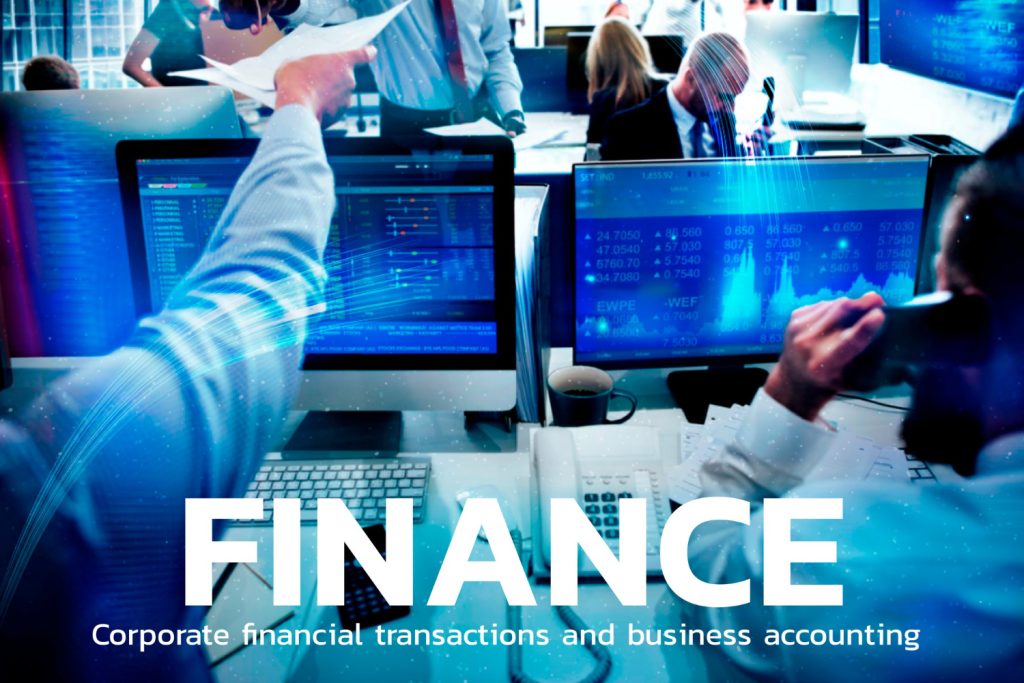In today’s fast-paced world, the financial landscape is constantly evolving. Traditional banking methods are being challenged, and innovative technologies are reshaping the way we manage our finances. Fintech, short for financial technology, has emerged as a driving force behind this transformation. Let’s dive into how fintech is revolutionizing modern banking and explore its impact on various aspects of the financial industry.
The Rise of Fintech
Fintech encompasses a wide range of technologies that aim to improve and automate the delivery of financial services. From mobile banking apps to blockchain technology, fintech innovations have disrupted traditional banking models and empowered consumers with more convenient and efficient ways to manage their money.
Modern Banking in the Digital Age
With the advent of smartphones and the internet, consumers are increasingly turning to digital banking solutions for their financial needs. Traditional brick-and-mortar banks are no longer the only option, as online banks and fintech startups offer competitive rates and innovative features tailored to the digital age.
Modern banking is all about convenience and accessibility. With just a few taps on their smartphones, users can check their account balances, transfer funds, pay bills, and even apply for loans. Fintech companies leverage cutting-edge technologies like artificial intelligence and machine learning to provide personalized financial advice and streamline the customer experience.
The Impact of Fintech on Banking
Democratizing Access to Financial Services
One of the most significant impacts of fintech is its ability to democratize access to financial services. In the past, traditional banks often had strict eligibility criteria, making it challenging for underserved populations to access essential banking services. Fintech companies, however, are breaking down these barriers by offering inclusive financial solutions that cater to a broader audience.
From cryptocurrency adoption to peer-to-peer lending, fintech platforms are leveling the playing field and empowering individuals to take control of their finances. Whether you’re a small business owner looking for funding or an unbanked individual seeking affordable banking services, FinTech has something to offer for everyone.
Disrupting Traditional Banking Models
Fintech startups are disrupting traditional banking models by offering innovative solutions that challenge the status quo. For example, peer-to-peer lending platforms connect borrowers directly with investors, bypassing the need for traditional financial intermediaries like banks.
By cutting out the middleman, peer-to-peer lending platforms can offer lower interest rates to borrowers and higher returns to investors. This disintermediation of the lending process not only benefits consumers but also promotes greater financial inclusion and efficiency in the lending market.
Enhancing Financial Literacy
Another way FinTech is impacting modern banking is by enhancing financial literacy among consumers. Many fintech apps offer educational resources and tools that help users better understand their finances and make more informed decisions.
For example, budgeting apps provide insights into spending habits and offer personalized recommendations for saving money. Investment platforms offer educational content and risk-assessment tools to help users make smarter investment choices. By empowering consumers with knowledge and tools, fintech is helping to bridge the gap between financial aspiration and reality.
The Future of Fintech in Banking
As technology continues to advance, the future of fintech in banking looks promising. From blockchain and artificial intelligence to contactless payments and digital currencies, fintech innovations are poised to reshape the financial industry in ways we can’t even imagine.
With the rise of cryptocurrency and decentralized finance, traditional banks are facing increasing pressure to adapt to the changing landscape. Those who embrace fintech and prioritize innovation will thrive in the digital age, while those who resist change risk falling behind.
In conclusion, fintech is revolutionizing modern banking by democratizing access to financial services, disrupting traditional banking models, and enhancing financial literacy among consumers. As we embrace financial innovation, both consumers and financial institutions need to stay informed and adapt to the changing landscape of the financial industry.

